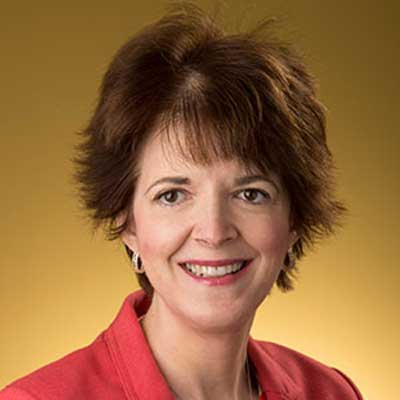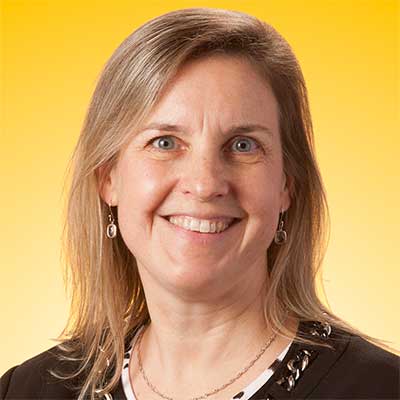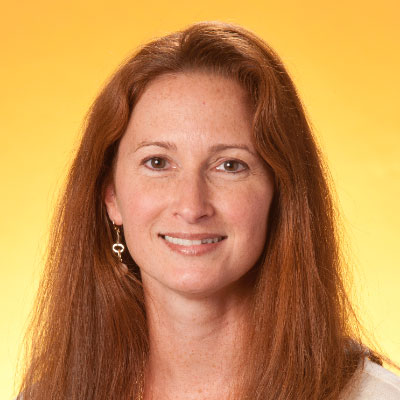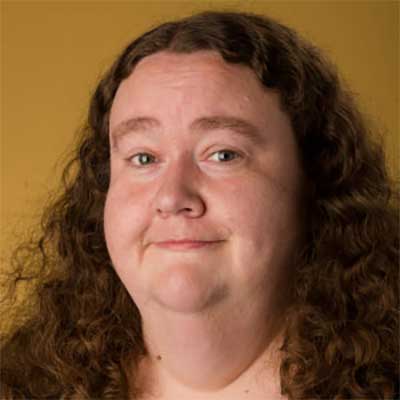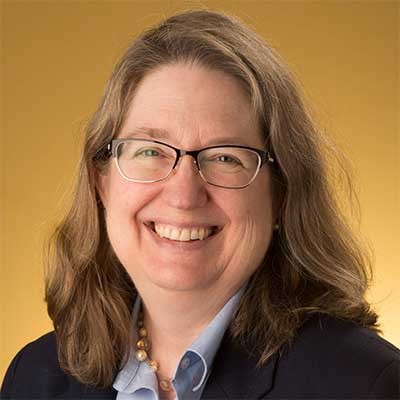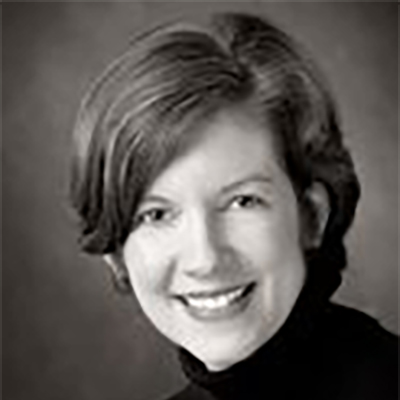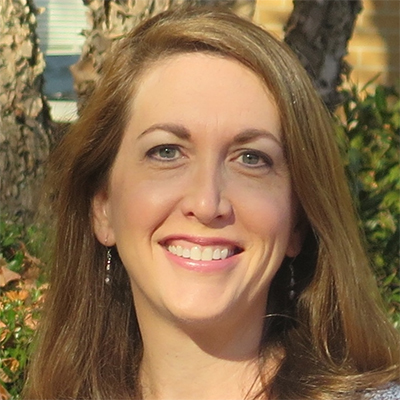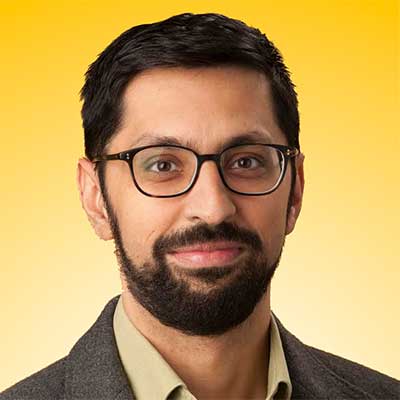Learning Communities Overview
MISSION. KSU’s Learning Communities (LC) Program promotes the academic success and retention of students through programmatic structures that enhance student learning, personal development, and overall satisfaction with the university experience.
MODEL. Two or more general education or lower level major courses are linked together by a common theme. The same 25 students (or fewer) co-enroll in all courses within a learning community and work closely with each other and their professors. LC faculty collaborate to help students make intellectual connections across and between their courses.
-
Benefits for Students
Students who enroll in learning communities during their first semester are more likely to stay in school and graduate. Faculty and students report that LC students are more engaged in the classroom, have fewer absences, and are more satisfied overall with the university experience. Learning Communities that emphasize collaboration and integrative learning, like those at KSU, are considered a High Impact Practice (HIP) by the American Association of Colleges & Universities (AAC&U) because learning communities tend to have a positive transformational effect on students. -
Benefits for Faculty
Faculty who teach in learning communities collaborate with faculty outside of their own departments and disciplines, often leading to a sense of renewal and increased engagement with the university. Learning Communities promote deeper interactions among students and faculty, as well as faculty and Student Affairs professionals. LC instructors increase their repertoire of student-centered pedagogical practices by participating in LC faculty development opportunities and by sharing ideas with each other. LC faculty are encouraged and supported in their pursuit of scholarly teaching for deep student learning. -
Benefits for the Institution
Learning Communities increase retention, progression, and graduation rates, according to both national and institutional research. LCs align with the university’s vision and mission, as well as its RPG and Complete College Georgia initiatives. LCs promote a culture of collaborative learning and teamwork among students, faculty, and student affairs professionals. Many learning communities participate in community service projects, nurturing positive town and gown relationships while furthering community engagement goals. -
How Can I Teach in a Learning Community?
The LC Program welcomes new and returning faculty to teach in Learning Communities. Since most LCs are for first-semester college students, the need is especially high for faculty who teach General Education courses and other lower-level courses without pre-requisites. We encourage proposals for learning communities twice annually by issuing a campus wide call for proposals through KSU Inform.
- The Call for Proposals for Spring LCs is generally in late August through early September.
- The Call for Proposals for Fall LCs is generally mid-October through mid-November.
- If you would like to teach in a learning community but do not want to propose one of your own, send us an email indicating your interest and the course(s) you teach, and we’ll help you find one! Our email address is lc@kennesaw.edu.
-
What Do We Expect from Faculty?
Individually:
- Complete a short online training course (found on D2L).
- Encourage your students to participate in Learning Community Program activities, such as the Academic Extravaganza and National LC Assessment Survey.
As a Team:
- Plan at least one integrative assignment.
- Plan at least one out-of-course activity.
- Review each others’ syllabi to ensure tests/projects aren’t assigned on the same day.
- Create a plan for sustained communication.
- Submit your planning worksheet before the start of fall semester.
-
What Can You Expect from Us?
- Consultations for research projects and integrative assignments
- Annual Academic Extravaganza: Learning Communities Showcase & Celebration - a forum for showcasing integrative assignments to the larger campus community. Prizes and awards for outstanding work are given to students and faculty.
- Faculty Development Opportunities
- A letter for your portfolio documenting participation, as well as evidence (if provided) of scholarly teaching in a learning community










